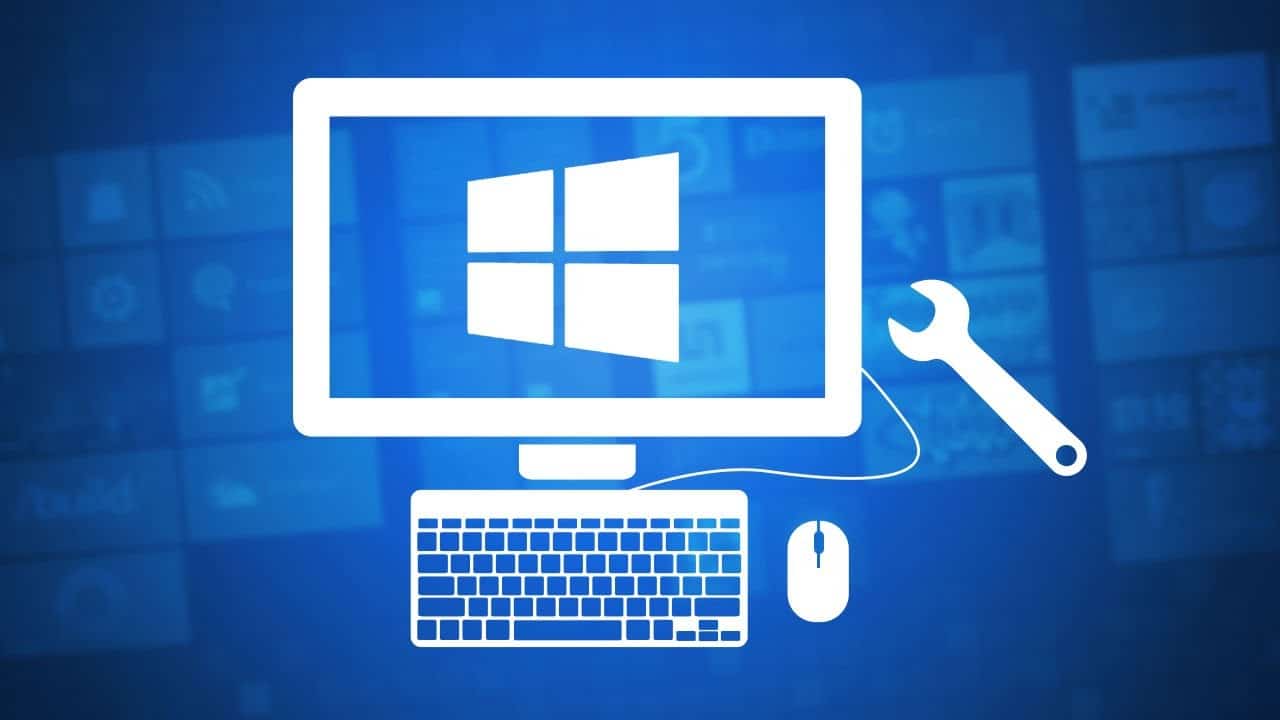The update 1602 for System Center Configuration Manager is available for download. The latest version of Configuration Manager is now 1602. As per Microsoft, the update is rolled out globally in the coming weeks, it will be automatically downloaded and you will be notified when it is ready to install from the “Updates and Servicing” node in your Configuration Manager console. If you are very eager to try out then a PowerShell script can be used to get this update. By running this script on your central administration site or standalone primary site, you will see the update available in your console right away. Copy the code into a new text file and rename the .txt extension to .ps1 after downloading.
# Get these as an input
$siteServer=$args[0]
if(!$siteServer)
{
"Provide the CAS site server name."
Return
}
$WmiObjectSiteClass = "SMS_SCI_SiteDefinition"
$WmiObjectClass = "SMS_SCI_Component"
$WmiComponentName = "SMS_DMP_DOWNLOADER"
$WmiComponentNameUpdateRing = "UpdateRing"
# Get provider instance
$providerMachine = Get-WmiObject -namespace "rootsms" -class "SMS_ProviderLocation" -computername $siteServer
# Get the first provider if there are multiple
if($providerMachine -is [system.array])
{
$providerMachine=$providerMachine[0]
}
$SiteCode = $providerMachine.SiteCode
$ProviderMachineName = $providerMachine.Machine
$WmiObjectNameSpace="rootSMSsite_$($SiteCode)"
# Get top level site sitecode
$SiteDefinition = Get-WmiObject -Namespace $WmiObjectNameSpace -ComputerName $ProviderMachineName -Class $WmiObjectSiteClass | Where-Object { $_.ParentSiteCode -eq "" }
$SiteCode = $SiteDefinition.SiteCode
#Get component
$WmiObject = Get-WmiObject -Namespace $WmiObjectNameSpace -ComputerName $ProviderMachineName -Class $WmiObjectClass | Where-Object { $_.SiteCode -eq $SiteCode -and $_.ComponentName -eq $WmiComponentName }
#Get embedded property
$props = $WmiObject.Props
$props = $props | where {$_.PropertyName -eq $WmiComponentNameUpdateRing}
if (!$props) {
#Create embedded property
$EmbeddedProperty = ([WMICLASS]"rootSMSsite_$($SiteCode):SMS_EmbeddedProperty").CreateInstance()
$EmbeddedProperty.PropertyName = $WmiComponentNameUpdateRing
$EmbeddedProperty.Value = 1
$EmbeddedProperty.Value1 = ""
$EmbeddedProperty.Value2 = ""
$WmiObject.Props += [System.Management.ManagementBaseObject] $EmbeddedProperty
$WmiObject.put()
}
else
{
$props = $WmiObject.Props
$index = 0
ForEach($oProp in $props)
{
if($oProp.PropertyName -eq $WmiComponentNameUpdateRing)
{
$oProp.Value=1
$props[$index]=$oProp;
}
$index++
}
$WmiObject.Props = $props
$WmiObject.put()
}
Write-Host "The command(s) completed successfully"
Improvements in Update 1602 for System Center Configuration Manager
Client Online Status: You can now view the online status of devices in Assets and Compliance. New icons indicate the status of a device as online or offline.
Support for SQL Server AlwaysOn Availability Groups: Configuration Manager now supports using SQL Server AlwaysOn Availability Groups to host the site database.
Windows 10 Device Health Attestation Reporting: You can now view the status of Windows 10 Device Health Attestation in the Configuration Manager console to ensure that the client computers have a trustworthy BIOS, TPM, and boot software.
Office 365 Update Management: You can now natively manage Office 365 desktop client updates using the Configuration Manager Software Update Management (SUM) workflow. You can manage Office 365 desktop client updates just like you manage any other Microsoft Update.
New Antimalware Policy Settings: New antimalware settings that can now be configured include protection against potentially unwanted applications, user control of automatic sample submission, and scanning of network drives during a full scan.
New features in Update 1602 for System Center Configuration Manager
Conditional Access for PCs Managed by Configuration Manager: You can now use conditional access capabilities to help secure access to Office 365 and other services on PCs managed with Configuration Manager agent. Conditions that can be used to control access include: Workplace Join, BitLocker, Antimalware, and Software Updates.
Windows 10 Conditional Access Enhancements: For Windows 10 devices that are managed through the Intune MDM channel, you can now set and deploy an updated Compliance Policy that includes additional compliance checks and integration with Health Attestation Service.
Microsoft Edge Configuration Settings: You can now set and deploy Microsoft Edge settings on Windows 10 devices.
Windows 10 Team Support: You can now set and deploy Windows 10 Team configuration settings.
Apple Volume Purchase Program (VPP) Support: You can now manage and deploy applications purchased through the Apple Volume Purchase Program for Business portal.
iOS App Configuration: You can now create and deploy iOS app configuration policies to dynamically change settings such as server name or port for iOS applications that support these configurations.
iOS Activation Lock Management: New capabilities include enabling iOS Activation Lock management, querying for the status, retrieving bypass codes, and performing an Activation Lock bypass on corporate-owned iOS devices.
Kiosk Mode for Samsung KNOX Devices: Kiosk mode allows you to lock a managed mobile device to only allow certain apps and features.
User Acceptance of Terms and Conditions: You can now see which users have or have not accepted the deployed terms and conditions.
Click on this link know more about the Configuration Manager 1602 version.













Hi I am in need of clarity.. CAS/PS are supported on AOAG. Can you put all these site databases in a AOAG on the same sql nodes? Basically I am asking what is best practice for a hierarchy when it comes to AOAG?
Sorry I did not understand your question. Can you elaborate ?.
what are the values I need to edit to make it work on my server ??